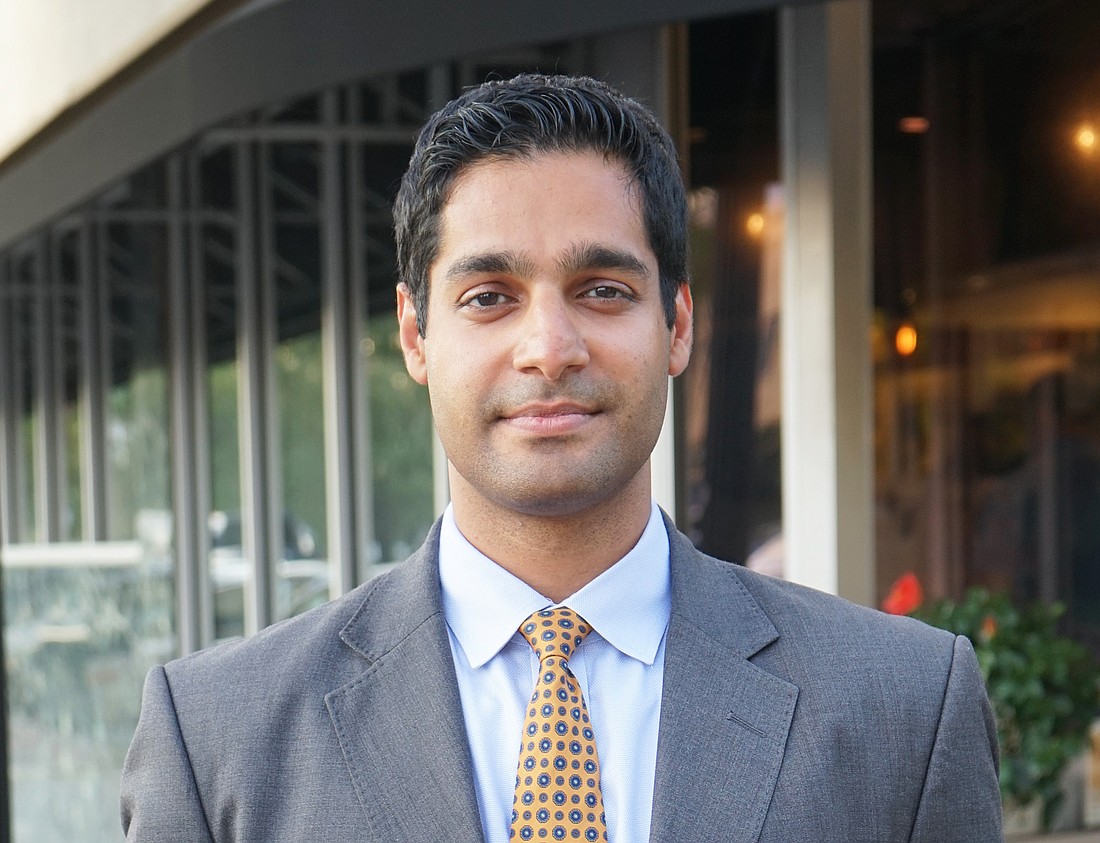
Asghar Syed • JBA Board of Governors
The state Supreme Court is set to review a lengthy Judicial Management Council report that proposes dramatic changes to civil litigation practice in Florida.
Civil litigators should consider the impetus behind the report, its proposals and the anticipated “seismic” changes to civil practice that it portends.
The Supreme Court is likely to invite comment on the proposals this year and JMC Chair, Second District Court of Appeal Chief Judge Robert Morris, has stated that we may be as little as 18 months away from a series of new civil litigation rules.
The report lays out in some detail the underlying problems facing civil practice that the proposals seek to address.
These include public perceptions of “runaway costs, delays, and complexity.”
Indeed, litigants file cases faster than they are resolved, meaning our judiciary’s backlog of cases continues to grow.
All the while, litigants’ reliance on trials continues to shrink.
By 2019, bench and jury trials accounted for 0.3% and 0.5% of final dispositions, respectively, as people increasingly turn to alternative dispute resolution that lacks appellate safeguards, lacks transparency and hinders the development of common law.
To address these problems, the JMC recommends (i) robust judicial case management at the outset of every case, (ii) requirements to stick to an established schedule, (iii) judicial accountability protocols and (iv) continuing education.
With regard to judicial case management, many of the JMC’s proposed changes to Florida Rules will seem familiar to civil litigators. Through administrative orders issued in 2021, many of the JMC’s proposals already are in effect.
At its core, the JMC proposes that soon after a case is filed, courts designate the case either streamlined, general or complex.
For general cases, the JMC recommends rules requiring parties to meet and confer shortly after initial service of the complaint and work out discovery, dispositive motion and anticipated trial readiness deadlines.
The JMC’s proposals would require parties to promptly file a joint case management report and a trial court to promptly issue a case management order or set a conference. Notably, the JMC’s proposed rules call for 16 deadlines and a trial period to be included in a case management order.
To enforce a case management schedule, the JMC proposes sweeping changes to discovery practice, motion practice, failure to prosecute rules and the standards for seeking continuance.
With respect to discovery, the JMC’s proposal calls for (i) initial fact disclosure requirements, (ii) duties to supplement initial disclosures and discovery responses, (iii) general discovery conduct and deposition conduct rules, (iv) timely discovery rules and (v) sanctions for discovery abuse.
On motion practice, the JMC proposes rules relating to a party’s failure to (i) set hearings on motions, (ii) inform the court that a motion can be resolved without hearing or (iii) prompt the court to resolve a long-pending motion.
The JMC’s proposed rules also would address a trial judge’s delay in ruling on a motion.
Finally, the JMC proposes to shorten failure to prosecute deadlines and discourage continuances.
The JMC proposes public reporting of case management data to encourage judicial accountability. Specifically, the JMC calls for a new rule that would require chief judges to serve on the chief justice an annual report listing all active civil cases that have been pending for three or more years.
The JMC promotes continuing legal education to foster buy-in from the bench and Bar. While this aspect of the JMC’s report does not call for any new or altered rules and the council has not suggested specific curricula, it recommends that seminars incorporate presentations on the amended rules.
The JMC notes that, in addition to the judges and attorneys, “judicial assistants, case managers, technology staff, and clerk staff, will also need training in case management.”
It is likely that the state Supreme Court will roll out a process this year to seek the Bar’s input on the JMC’s proposals.
While it cannot be predicted which of the proposals will ultimately result in new rules because the underlying problems the JMC seeks to address are tangible and deep-seated, change is likely.
Undoubtedly, this change will be onerous for the judiciary and the Bar. Civil litigators should therefore do all they can to engage in the state’s Supreme Court’s process and study new rules of civil procedure before they go into effect.
Asghar Syed is a member of the JBA’s board of governors and a shareholder with Gunster. His practice is focused on commercial litigation.